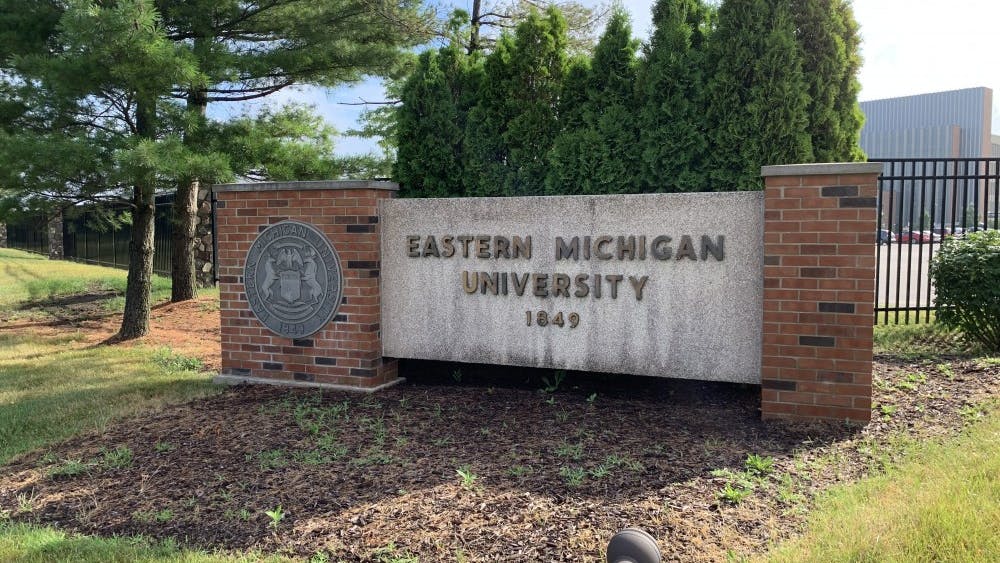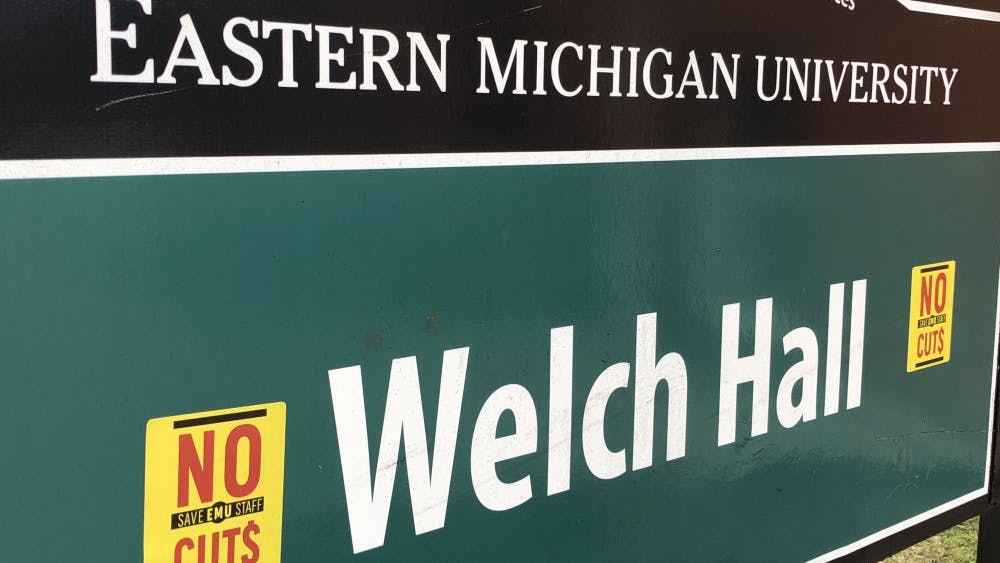After Gov. Gretchen Whitmer signed State Senate Bill 13 making Michigan's primary voting date unclear, students like Naomi Barbour began a discussion about student voter rights.
Changing the primary voting date seems like an innocuous shift, but in reality, it effects college students a disproportionate amount. According to "Voter Suppression and College Students," an article legally reviewed by Kellie Pantekoek, student's voices and votes are already some of the easiest to be suppressed especially those going to out of state universities.
Barbour is an Eastern Michigan University student activist working hard to increase student voter turnout in the Michigan primary elections.
"Michigan actually has had the highest increase in young voters since 2022 compared to previous years," Barbour said.
This makes Michigan uniquely positioned due to the recent primary changes and this major increase in young voters.
However, for Barbour and organizations like The Campus Vote Project, these changes are cause for concern. Barbour advocates that "Michigan law should require early voting on public colleges and university campuses so that students can cast their ballot in advance of elections that will take place during a break." This change would allow all students no matter their home state to have their voice heard.
"Unless we want to be the change, we really have to be the voice of speaking up," Barbour said. "We can't be asking ourselves why this problem keeps happening, and yet none of us are speaking on it."
The most important thing for students to grasp about the political system is that it doesn't have a chance of changing from within, Barbour said, and unity and open conversation is needed to create change.
Barbour is a member of the Michigan Department of State's Collegiate Student Advisory Task Force a "first-of-its-kind nonpartisan Collegiate Student Advisory Task Force" aiming to increase young voter engagement, according to their webpage.
As a member of the task force, Barbour is a representative of Eastern Michigan and an advocate for all student voters. As a result of the changes laid out in State Senate Bill 13, many students may have great trouble voting in the 2024 primary. This is due to the proposed election date coinciding with spring break on many college campuses.
According to a letter sent to senate majority leader Winnie Brinks, "nearly 60 percent of Michigan’s college and university student population are scheduled to be on spring break between February 26 and March 1, 2024."
Students already struggle to get out and vote due to the enormity of their class work, Barbour said, and changing the election day to during spring break will only exacerbate the problem of low student voter turnout. This fact in tandem with the largest increase of student voters in Michigan means the seemingly innocuous change may lead to record levels of voter suppression.
Barbour is a voice for change, but she said that her voice alone can never be loud enough, which is why she feels so strongly about increasing student voter rights and engaging the student body to get out and engage in the democratic process.
"We can't be asking ourselves why this problem keeps happening, and yet none of us are speaking on it," Barbour said. "None of us are running for political office. None of us are advocating for the opposition that we wanna see. And so I think now is more of an important time than ever that we need students and advocates for change in these positions of power that are advocating for the voting revolution that our students need, our campus needs, our state needs, and you know, of course that the country needs."










